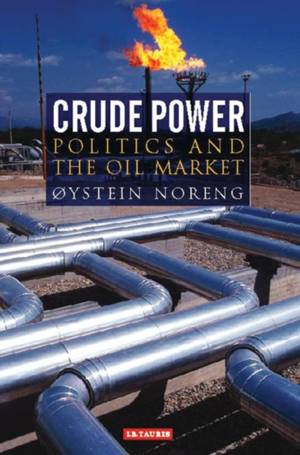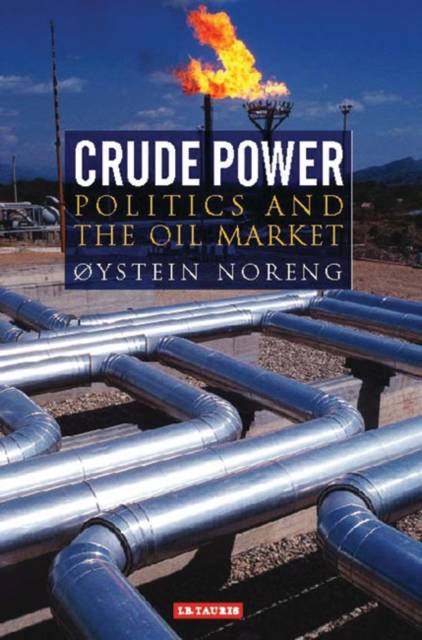
- Afhalen na 1 uur in een winkel met voorraad
- Gratis thuislevering in België vanaf € 30
- Ruim aanbod met 7 miljoen producten
- Afhalen na 1 uur in een winkel met voorraad
- Gratis thuislevering in België vanaf € 30
- Ruim aanbod met 7 miljoen producten
Omschrijving
Many people in the world today believe Bush's war against Saddam Hussein is only about oil. Iraq has the second biggest petroleum reserves in the Middle East, and America's relations with its prime supplier Saudi Arabia have turned sour in the wake of 9/11. Invading Iraq, so many argue, is merely colonising an oil field. Oil has transformed the world and remains the most important resource of our age. It has made the wealth of millions of people - from Venezuela to Norway via the Persian Gulf - and holds their futures in its fortunes. The Middle East is the earth's greatest petroleum depot. It is also the most explosive region in the world today. Now more than ever, with the global economy under severe threat, oil is of prime geopolitical concern. Crude Power provides a comprehensive analysis both of the world's dependency on Middle Eastern oil, and of the very dangerous way politics and economics play themselves out in the oil game - as producers and consumers tug at each others' interests. It is a tug of war: Oystein Noreng explains what all concerned are fighting for.
Placing OPEC (the Organisation of Petroleum Exporting Countries) into its wider world context, he examines in detail how shifting oil prices affect everything from international trade balances to inflation rates. In the current political climate of the Middle East and Central Asia, with anti-Americanism and the threat of terrorism in such countries as Saudi Arabia running high, oil holds the future of the world economy as well as thousands of lives in its hands. Crude Power is an indispensable book for anyone concerned with the fate of the world today, and that most important of issues: the interplay of power and money in the Middle East and beyond.
Specificaties
Betrokkenen
- Auteur(s):
- Uitgeverij:
Inhoud
- Aantal bladzijden:
- 304
- Taal:
- Engels
- Reeks:
Eigenschappen
- Productcode (EAN):
- 9781845110239
- Verschijningsdatum:
- 20/12/2005
- Uitvoering:
- Paperback
- Formaat:
- Trade paperback (VS)
- Afmetingen:
- 160 mm x 233 mm
- Gewicht:
- 467 g

Alleen bij Standaard Boekhandel
Beoordelingen
We publiceren alleen reviews die voldoen aan de voorwaarden voor reviews. Bekijk onze voorwaarden voor reviews.








